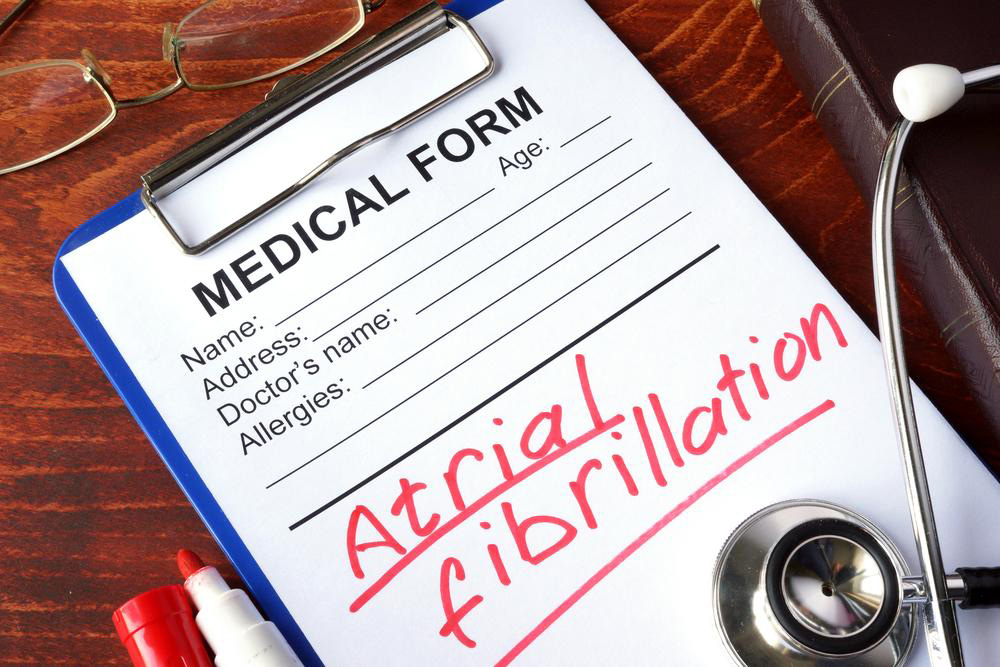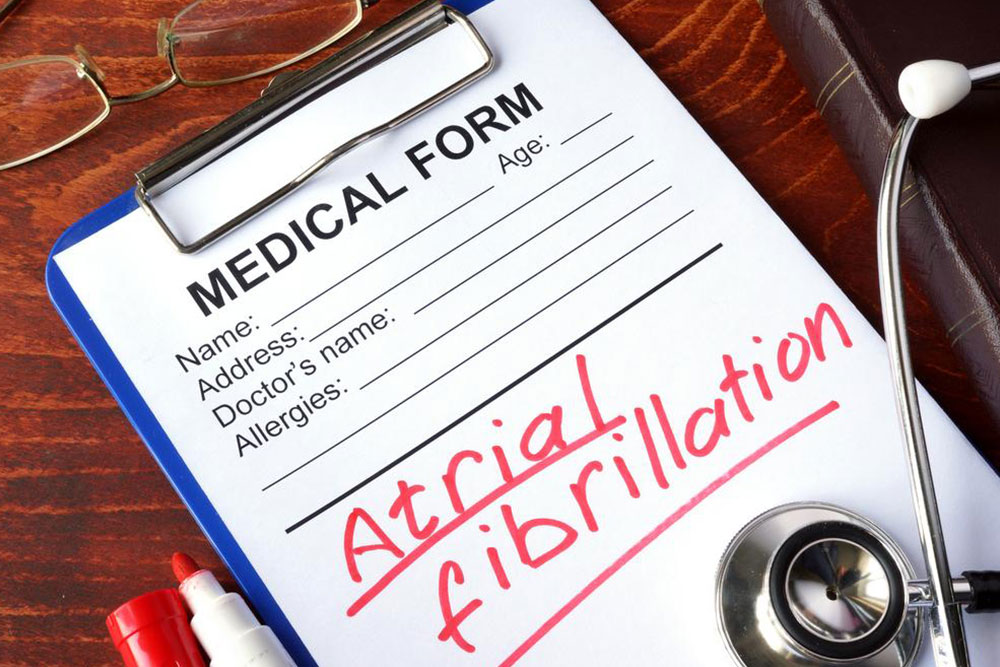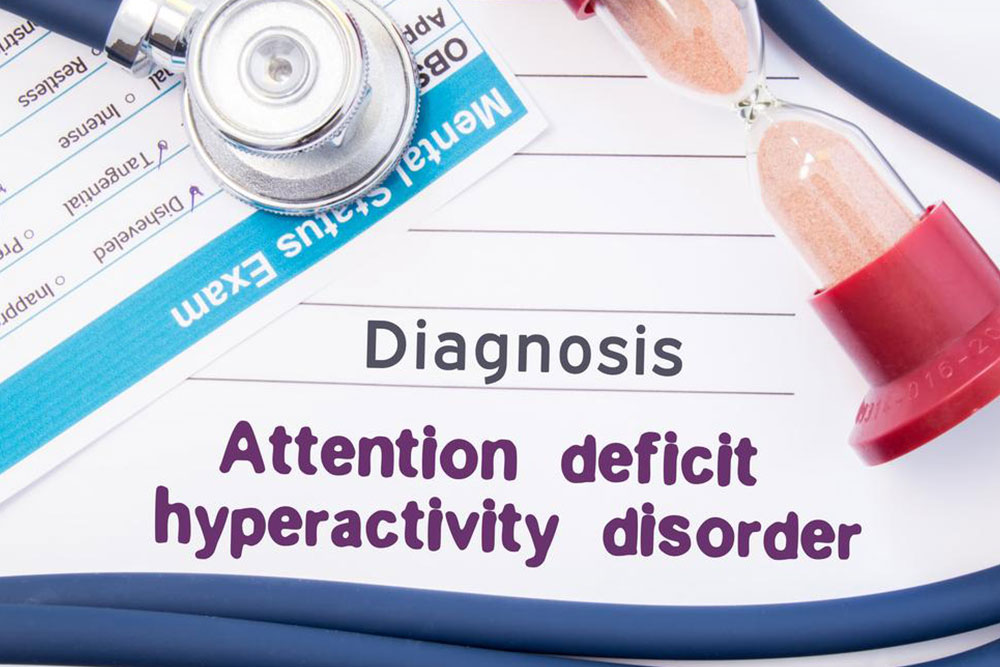Effective Strategies for Managing Atrial Fibrillation
Learn about effective treatment options for Atrial Fibrillation, including anticoagulants, antiplatelet medications, and thrombolytics. Early diagnosis and prompt medical attention are vital to managing symptoms and reducing stroke risk. Regular checkups and professional guidance are crucial for optimal health outcomes.

Effective Strategies for Managing Atrial Fibrillation
Atrial Fibrillation (AFib) is a heart disorder characterized by irregular and rapid heartbeat. Mild cases may be symptomless, but as it worsens, symptoms like chest discomfort, irregular heartbeats, dizziness, and fatigue become common. Advanced stages can disrupt blood flow to the brain, increasing stroke risk.
Managing AFib Effectively
The condition often results from blood thickening, causing the heart to work harder to pump blood efficiently.
Healthcare providers may recommend various treatments based on individual cases.
Anticoagulants: These medications prevent blood clots, reducing stroke risk. Warfarin is a common choice used in most hospitals.
Antiplatelet Drugs: These drugs decrease platelet production, ensuring smooth blood flow. Aspirin is frequently prescribed; however, long-term use may carry risks of bleeding disorders.
Thrombolytics: Used in emergency situations to dissolve existing clots quickly, these drugs are typically administered in acute cases and used briefly. After recovery, patients may be transitioned to other blood thinners.
Key Takeaway
Managing stroke risk requires prompt medical attention if symptoms appear. Delaying treatment can worsen outcomes and prolong recovery. Regular checkups are essential for effective management of AFib.










